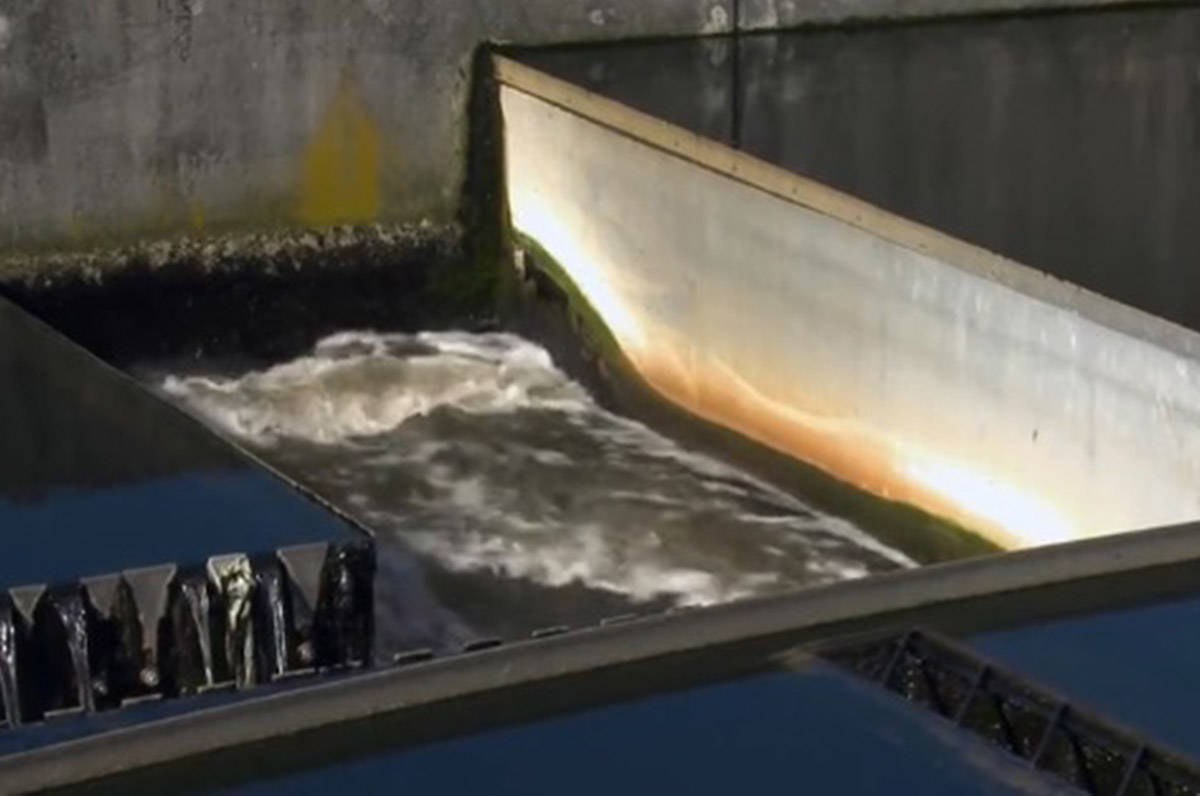There was a time when Canadian health officials tested sewage across the country to get a better picture as to who was smoking or ingesting cannabis – at the time ahead of legalization.
Now, that same concept is being used to understand the prevalance of the novel coronavirus in B.C.’s Lower Mainland.
There’s a new way for Lower Mainland residents to track COVID-19 – luckily without the smell – through an online tracker at each of the region’s five sewage treatment plants.
Metro Vancouver announced Monday (March 1) that it has partnered with the BC Centre for Disease Control and University of British Columbia to track the presence and trends of the COVID-19 virus in the region’s wastewater system through sampling and testing.
“Studies have demonstrated that approximately 50 per cent of COVID-19 cases have the virus in their feces,” said Dr. Natalie Prystajecky, program head at the BCCDC public health laboratory.
“Studying the virus in wastewater allows researchers to look at an entire population, rather than an individual person.”
For non-researchers, a new online tool allows residents to see the weekly sample results, broken down by the specific wastewater treatment plant. The amounts are rated per litre of wastewater, prior to treatment.
Research so far suggests that COVID-19, including the recent variants, is non-infectious in sewage systems.
This isn’t the first time wastewater has been used to track the localized prevalence of a health-issue: Health Canada has tested wastewater across the country to get a snapshot of drug use in efforts to better understand the opioid crisis.
ALSO READ: Here’s a first look at Canada’s sewage tests for cannabis use

